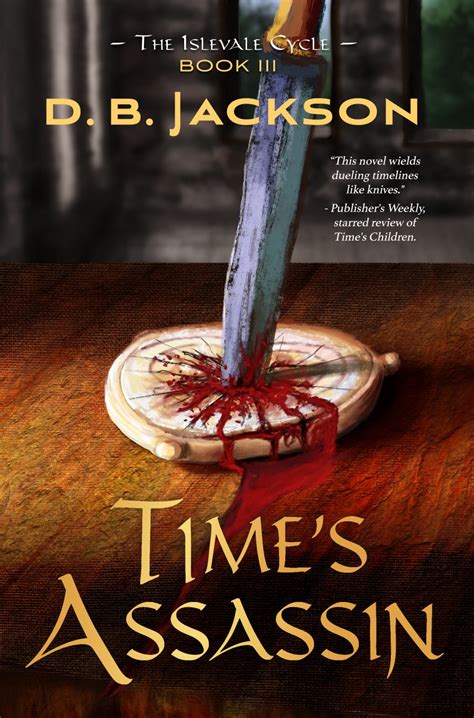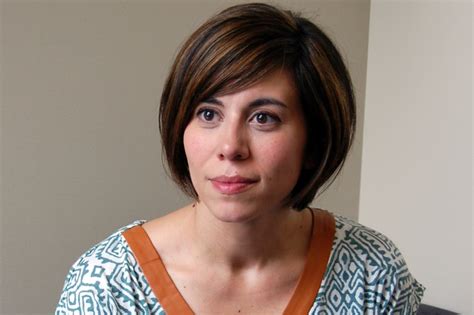A Quote by Lynne Tillman
I learned to write from reading. I had no writing classes. It's part of my thinking as the writer-author, reading, but then I also want to bring this into my characters, who also read and think. There's that great quote from Virginia Woolf - it's very simple: "...books continue each other." I think when you're a writer, you're also, hopefully, a reader, and you're bringing those earlier works into your work.
Related Quotes
No one can teach writing, but classes may stimulate the urge to write. If you are born a writer, you will inevitably and helplessly write. A born writer has self-knowledge. Read, read, read. And if you are a fiction writer, don't confine yourself to reading fiction. Every writer is first a wide reader.
No one can teach writing, but classes may stimulate the urge to write. If you are born a writer, you will inevitably and helplessly write. A born writer has self-knowledge. Read, read, read. And if you are a fiction writer, dont confine yourself to reading fiction. Every writer is first a wide reader.
Two kinds of reading can be distinguished. I call them reading like a reader and reading like a writer ... when you read like a reader, you identify with the characters in the story. The story is what you learn about. When you read like a writer, you identify with the author and learn about writing.
Reading, I had learned, was as creative a process as writing, sometimes more so. When we read of the dying rays of the setting sun or the boom and swish of the incoming tide, we should reserve as much praise for ourselves as for the author. After all, the reader is doing all the work - the writer might have died long ago.
There's no such thing as a folk writer. There's no such thing as somebody who's never read a book before suddenly sitting down one day and writing one. You have to learn how to captivate a reader. Right? And I don't mean you have to go to school for it. But if you're - if you pay attention, you can learn it by reading books. And so I feel like I learned a lot by reading books.
Writing can be such a lonely endeavor that I do think community is also important.Meeting at cafes and exchanging work and reading to each other and giving each other little bits of encouragement and feedback and thoughts, I think that's an incredibly rich experience because what it does is it gives you a sense of community but also purpose. If I know I'm going to meet you in a cafe next Tuesday, I'm going to write something that I can hand to you. Discipline is such a challenge for so many writers and so I think that that's a key benefit of being in a group.
As soon as I start to write I'm very aware, I'm trying to be aware that a reader just might well pick up this poem, a stranger. So when I'm writing - and I think that this is important for all writers - I'm trying to be a writer and a reader back and forth. I write two lines or three lines. I will immediately stop and turn into a reader instead of a writer, and I'll read those lines as if I had never seen them before and as if I had never written them.
I think that the Pulitzer Prize is definitely a blessing, but it's also a curse. Because I think that it is a blessing because the work gets more exposure, especially that particular play and then other works of yours too. And then it's a curse because people anticipate that you will write something like you've already written. I think it's really wrong because, you know, I think, as a writer, I'm in a process and I'm somewhere in that process, and I need to continue to develop.
I'm not the most talented writer in the world. I know that. But I also know that I'm disciplined, that I work my butt off, and that I make myself write as much as I can. Writer's block is a luxury I can't afford. I'm a professional writer, which means that I put my butt in the chair each day, and I write. Simple as that.
I think training your instinct comes from writing and reading. There's no big secret. And reading slush helps, as well; I'd recommend everyone edit a literary magazine at some point. It's time-consuming, but there's a lot to learn from other writers who are also learning. The patterns (twelve stories about whales in this batch?) are also interesting.
I think the first thing - if you want to be a writer - the first thing you need to do is write. Which sounds like an obvious piece of advice. But so many people have this feeling they want to be a writer and they love to read but they don't actually write very much. The main part of being a writer, though, is being profoundly alone for hours on end, uninterrupted by email or friends or children or romantic partners and really sinking into the work and writing. That's how I write. That's how writing gets done.





































